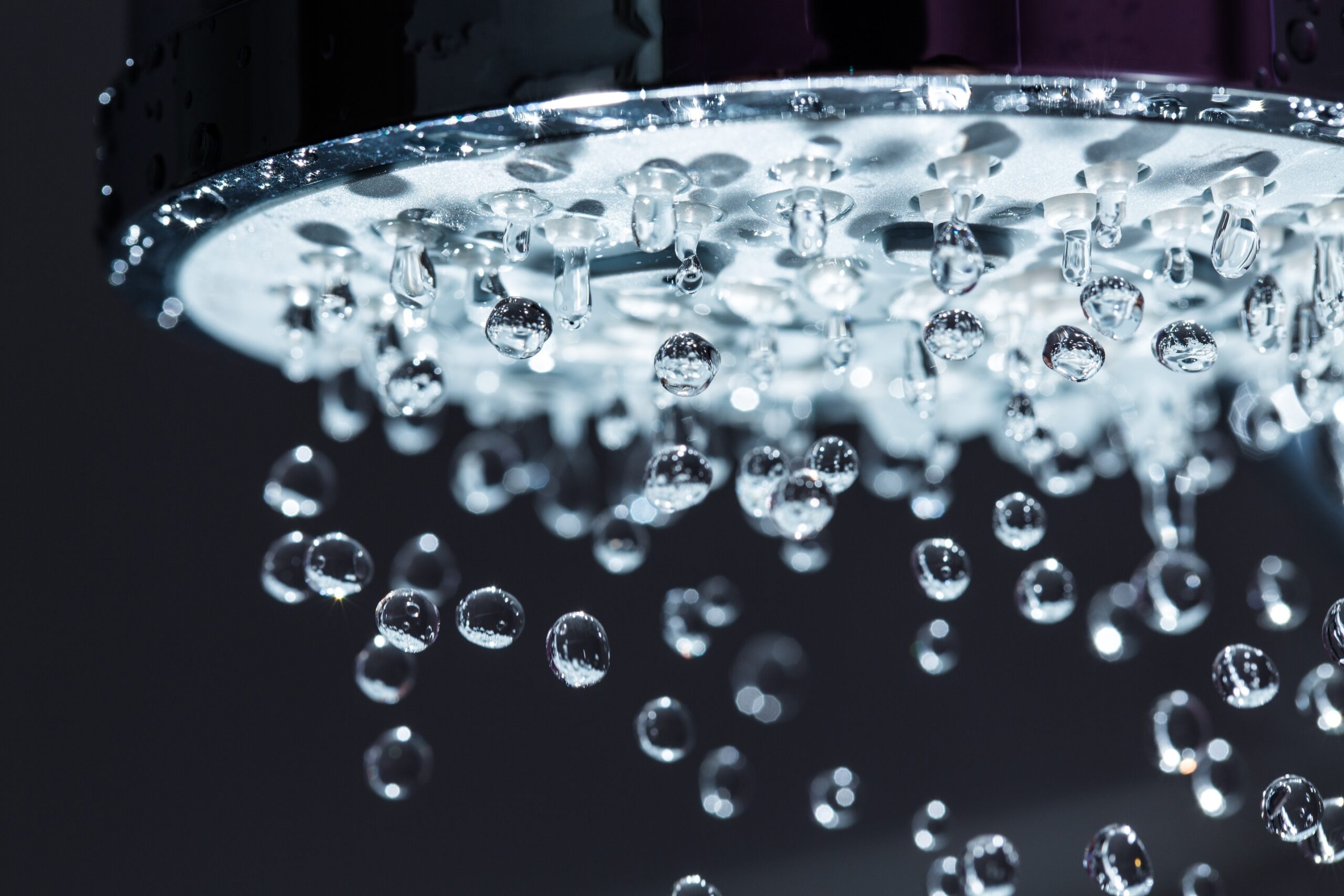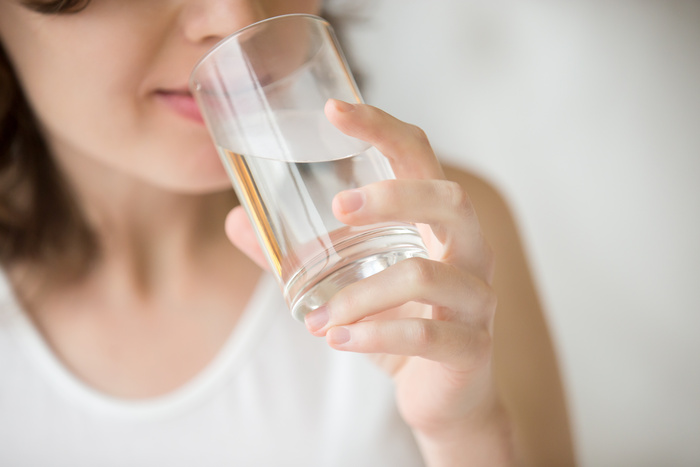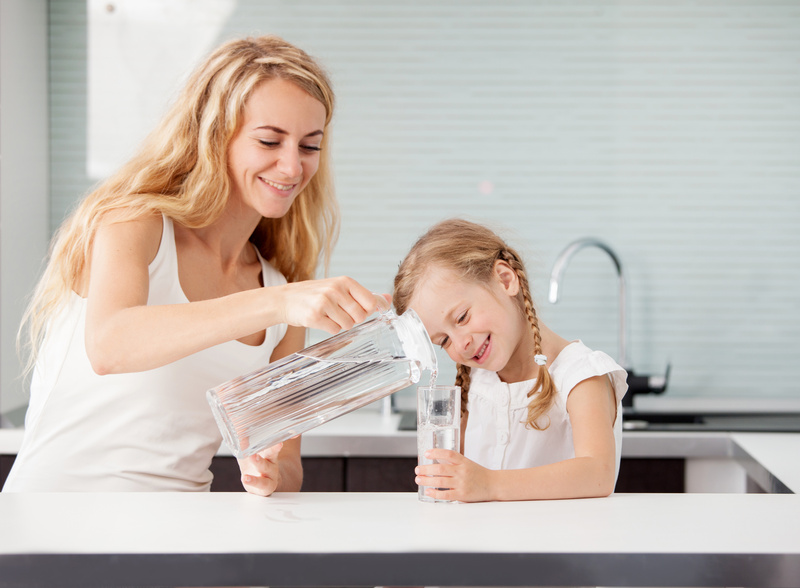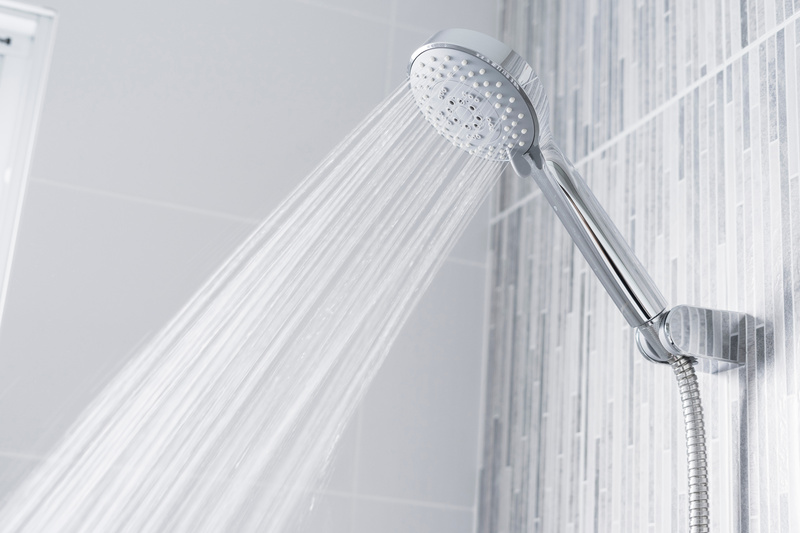Hard water is a common problem in many homes throughout the world, and it can have a significant impact on the efficiency of your home’s plumbing system and the condition of your appliances. If you are wondering what hard water is and what it means for your home. In this article, we’ll explain what hard water is, how it can affect your home, and what you can do to combat it.
What is Hard Water?
Hard water is water that contains a high concentration of dissolved minerals, such as calcium, magnesium, and iron. These minerals are naturally occurring and come from rocks and soil as water runs through them. The higher the concentration of minerals in the water, the harder it is.
Hard water is not necessarily harmful to your health, but it can cause a variety of problems in your home, including scale buildup in your plumbing and appliances, reduced soap and detergent efficiency, and poor-tasting drinking water. You may also experience problems with your water heating system, as the minerals can accumulate in the pipes and cause them to become clogged.
How to Test for Hard Water
Testing your water for hard water is the first step in understanding the effects it can have on your home. There are a variety of methods to test for hard water, including a home water testing kit, which will provide you with quick results. You can also contact your local water utility to have your water tested professionally.
The Effects of Hard Water in Your Home
The effects of hard water in your home can range from mild to severe, depending on the concentration of minerals in your water. One of the most common effects is the buildup of scale in your plumbing system and appliances. Scale is caused by the minerals in the water, which can accumulate and form a hard, white substance on the inside of pipes, water heaters, and other appliances.
Scale buildup can reduce the efficiency of your plumbing system, as it can restrict the flow of water and cause it to become clogged. It can also reduce the efficiency of your water heating system, as the minerals can interfere with the heat transfer process.
In addition, hard water can reduce the effectiveness of soaps and detergents, as it can prevent them from properly lathering and cleaning. This can lead to stained laundry and dishes, as well as a buildup of soap scum on fixtures and surfaces. Hard water can also give your drinking water a metallic taste, as the minerals can leach into the water.
How to Combat Hard Water in Your Home
If you’ve determined that your home has hard water, there are several ways to combat it. The most common method is to install a water softener, which is a device that removes minerals from the water using a process called ion exchange. Water softeners are relatively easy to install and maintain, and they can make a significant difference in the quality of your water.
Another option is to install a reverse osmosis system, which filters the water to remove minerals and other impurities. Reverse osmosis systems are more expensive and require more maintenance than a water softener, but they can provide you with clean, great-tasting water.
Finally, you can also use products such as water conditioners and descalers, which are designed to remove scale buildup in your plumbing system. These products are relatively inexpensive and easy to use, and they can help keep your plumbing system in good condition.
Conclusion
Hard water can have a significant impact on the efficiency of your home’s plumbing system and the condition of your appliances, but there are several ways to combat it. Installing a water softener, reverse osmosis system, or water conditioner can help to remove the minerals from your water and improve the quality of your water. If you suspect that your home has hard water, contact your local water utility to have your water tested, then take the necessary steps to combat it.











